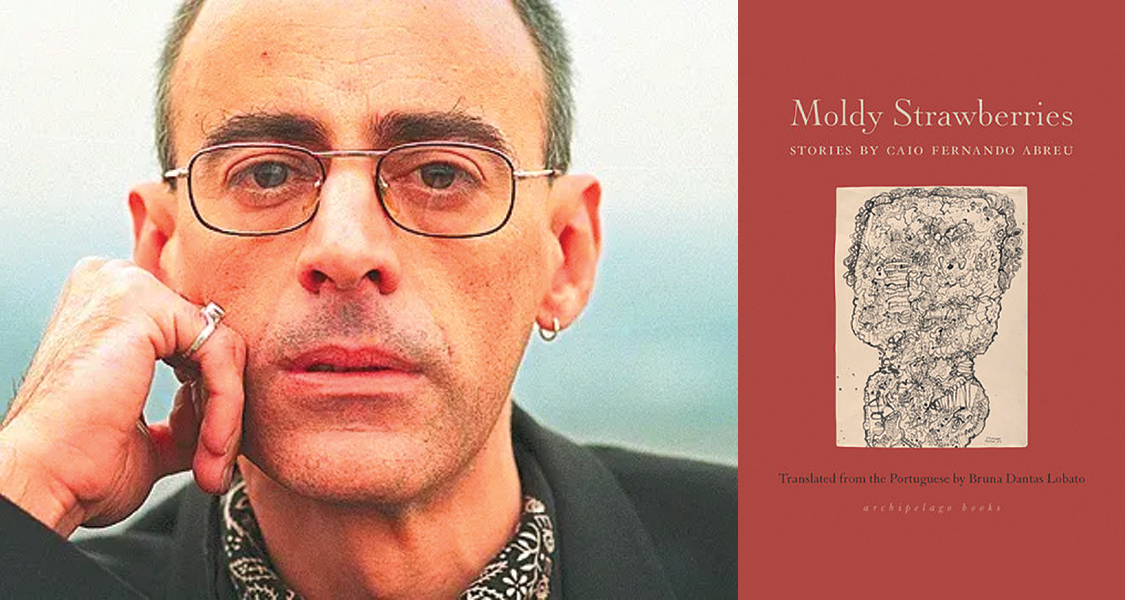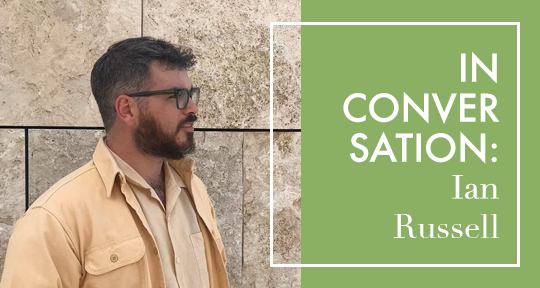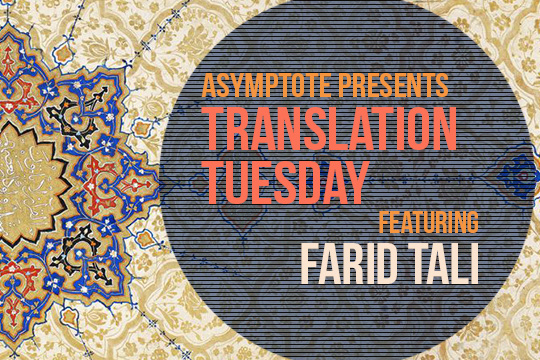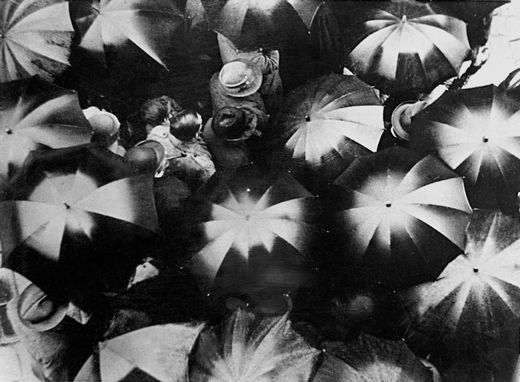It rained, rained, rained and I went on inside the rain to meet him, without an umbrella or anything, I always lost them all at the bars, I only carried a bottle of cheap cognac pressed against the chest, it seems insincere said this way, but it was how I went through the rain, a bottle of cognac in hand and a bundle of wet cigarettes in my pocket. There was one point when I could have taken a taxi, but it wasn’t very far, and if I took a taxi I wouldn’t be able to buy cigarettes or cognac, and I thought firmly that it would be better to arrive wet from the rain, because that way we would drink the cognac, it was cold, not that cold, it was more the humidity entering through the fabric of clothes, through the thin, worn soles of shoes, and we’d smoke drink without limits, there’d be music, always those hoarse voices, that moaning sax and his eye set upon me, warm shower distending my muscles. But it still rained, my eyes stinging from the cold, my nose began to run, I would clean it with the backs of my hands and the liquid from my nose would harden instantly over the hairs, I’d tuck my reddened hands into the depths of my pockets and I would keep going, keep going and jumping the puddles of water with frozen legs. So frozen were my legs and arms and face that I thought of opening the bottle to take a sip, but I didn’t want to arrive at his house half-drunk, with bad breath, I didn’t want him thinking I had been drinking, and I had, every day a good pretext, and I also went on thinking that he’d think I had no money, arriving by foot in all that rain, and I had none, my stomach hurting with hunger, and I didn’t want him thinking I had been walking like an insomniac, and I had, purple bags under my eyes, I would have to be careful with my lower lip when smiling, if I smiled, and I almost certainly would, when I met him, so that he wouldn’t see the broken tooth and think I had been slacking, not seeing a dentist, and I had, and everything I was doing and being I didn’t want him to see or know, but after thinking this it brought me grief because I went on realizing realizing, inside the rain, that maybe I didn’t want him to know that I was me, and I was. Something confusing started to happen inside my head, this idea of I not wanting him to know that I was me, drenched in all that rain that fell, fell, fell and I had the urge to return to some place dry and warm, if there was such a place, and I didn’t remember any, or to stop forever right there on that gray corner that I attempted to cross without being able to, the cars throwing water and mud at me as they passed, but I couldn’t, or I could but shouldn’t, or I could but didn’t want to or no longer knew how one stops or goes back, I had to continue going to meet him, who would open the door for me, the moaning sax in the background and who knows a fireplace, pine nuts, warm wine with cloves and cinnamon, those winter things, and even more, I needed to avert my desire to go back or stay in place, for there is a point, I discovered, in which you lose control of your own legs, it’s not really like that, a torturous discovery that the cold and the rain wouldn’t let me chew properly, I merely began to know that there is a point, and I, divided, wanting to see what was after the point and also the pleasure of him waiting for me warm and ready.
READ MORE…




